CBS researcher guides Denmark into a world dominated by China
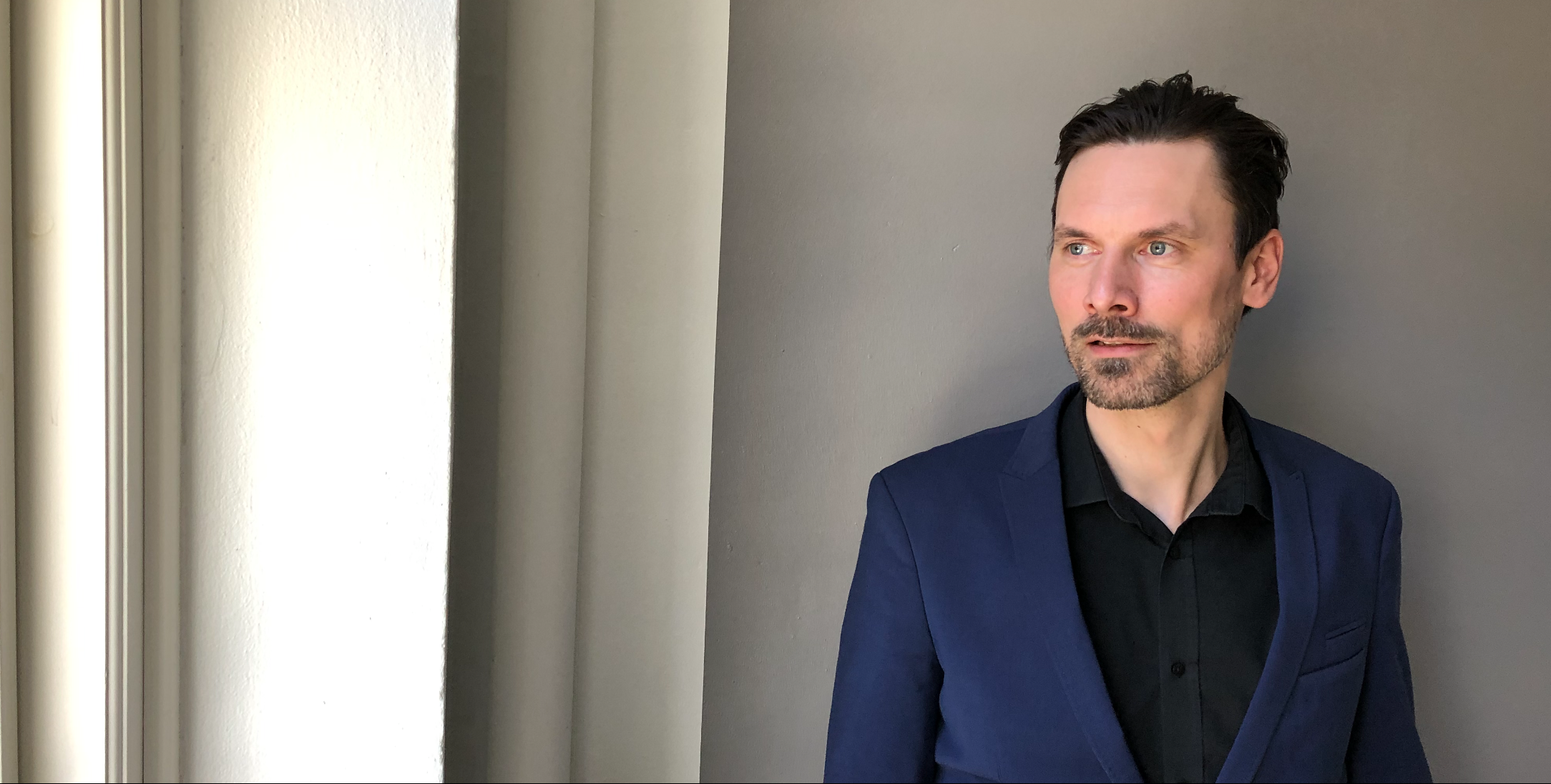
Nis Høyrup Christensen has lived and worked in China several times and has in depth knowledge of the political and economic system. Knowledge he has shared in a ministerial expert panel. (Photo: Anne M. Lykkegaard)
China is changing the world as we know it. And fast. Where does that leave Denmark, the business sector and CBS? Postdoc Nis Høyrup Christensen from CBS has provided suggestions on what Denmark should do as part of an expert panel appointed by the Minister of Foreign Affairs.
Nis Høyrup Christensen is fiddling with his smartphone. He opens the Chinese app WeChat and starts explaining.
“Everything you do in China is connected to your phone. You hardly use cash anymore and everything is ordered online. The delivery system is simply mind-blowing. You even use your phone to check in and out of the public transportation system. China is way ahead in this regard,” he says.
Nis Høyrup Christensen is a postdoc at the Department of International Economics, Government and Business at CBS where he focuses on China’s state capitalist system and its industrial policies. He’s just been part of an expert panel appointed and chaired by Anders Samuelsen, the Minister of Foreign Affairs, with the purpose of making recommendations to Danish businesses and the Danish government on how to engage with China – the ‘Middle Kingdom’.
“China is changing at a pace that is difficult to comprehend. People are on the move, and technology is developing full steam ahead. Everything is buzzing in China, and we have to accept that they are now setting the agenda in many fields. For businesses that is often very attractive, but it comes with certain challenges,” he points out.
The expert panel consisted of 12 business executives from companies such as Novo Nordisk, Maersk, Grundfos and Arla Foods, and a business journalist, and Nis Høyrup Christensen, as the only researcher. In total, the panel met three times, and has come up with nine recommendations. One of them affects CBS directly.
“I’ve been particularly interested in the problem of the lack of China competencies in the Danish society. In my view, Denmark needs a think tank that can build a bridge between academia and business and enable a better exchange of knowledge with regard to China,” he says and explains that the think tank is part of the recommendations, as well as a strengthening of the supply and content of studies in relation to China.
10 years ago, who would have thought China would become a leading nation in artificial intelligence?
Nis Høyrup Christensen
“CBS holds a key position, as we have an entire bachelor program that has the right combination of business and language. Furthermore, we have faculty here who understand the political issues in a business context,” he says.
Clashes in China
Nis Høyrup Christensen has previously worked for the Confederation of Danish Industry (Dansk Industri) and this has provided him with insights from both business and academia. Transferring the knowledge gained from his academic work into concrete recommendations for businesses and the Danish government is something he finds important.
“I don’t tell business executives how to do business. But I can provide the political and economic context for business and that can help them understand their own specific issues in a broader and more general way,” he says and provides an example.
“In some sectors of China’s economy, the state plays a very active and supporting role favoring Chinese companies. These mechanisms can be difficult to deal with and it is extremely important to know whether a seemingly small technical barrier is just a first example of a whole system working against you.”
It’s all these clashes between two different political-economic systems that Nis Høyrup Christensen finds important to address. And as the nation increases its footprint on world order, Denmark cannot afford to just sit and wait, he argues.
“Denmark has a good point of departure, as we’re already heavily engaged with China. But staying ahead is difficult simply because of China’s pace of change. 10 years ago, who would have thought China would become a leading nation in artificial intelligence?” asks Nis Høyrup Christensen.
Can Denmark learn from China? Yes
Nis Høyrup Christensen has lived and worked in China several times, and he has observed a few things that the Chinese are especially good a when it comes to politics. And Denmark has some lessons to learn.
China is already the second biggest economy in the world and has become the most important trading partner for more countries than the USA
Nis Høyrup Christensen
“In China, the government is very good at setting clear goals and expressing their interests. This is often difficult in market based societies, but Denmark needs to be far better at it,” he says and adds:
“For example, if we want to develop more high-tech companies.”
The expert panel has made nine recommendations for the Danish business sector and the government. But if Denmark were to pick three things to focus on in relation to China, what would they be?
“A recurrent theme in our discussion was the need to strengthen Denmark’s China competencies, and use our knowledge pool in a better way by enabling collaboration between businesses, universities and government. Secondly, we have to make it clear what we want when we cooperate with China. EU has just shifted towards a much more realistic and goal based approach and Denmark must do it too,” he says and continues:
“And then Denmark needs to focus on the things where we have some common interests with China. For example, climate and sustainability. Danish companies have a strong selling point when they can help China succeed in its green transition.”
Whether we like it or not, Denmark, its businesses and the universities must consider what they want to do about the great nation in the East. And we have to understand that they’re not at all like the USA.
“China is already the second biggest economy in the world and has become the most important trading partner for more countries than the USA. The political impact of those changes in trade patterns are now felt all over the world,” he says.




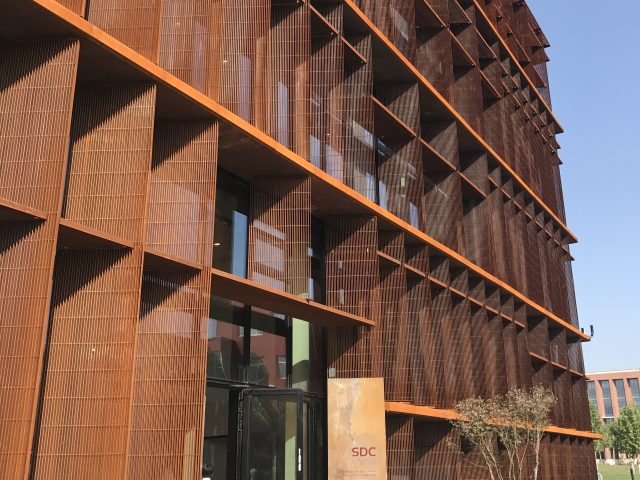
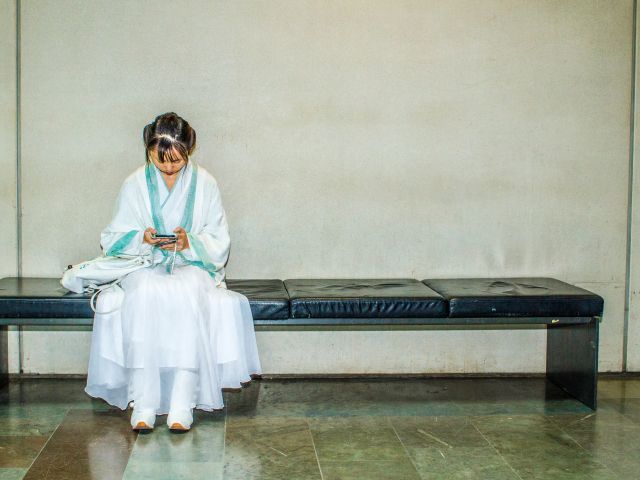
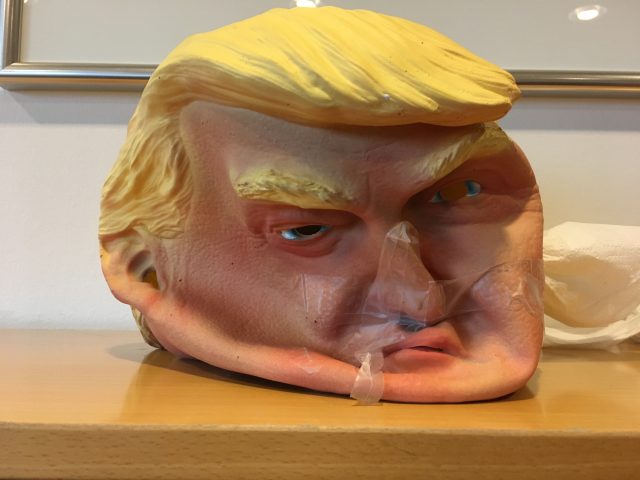
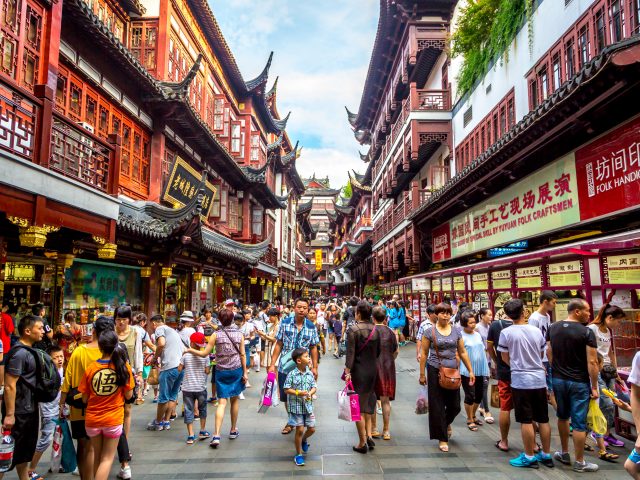
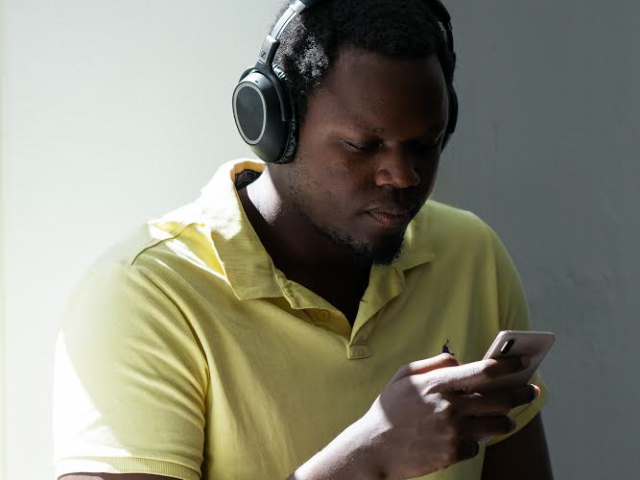
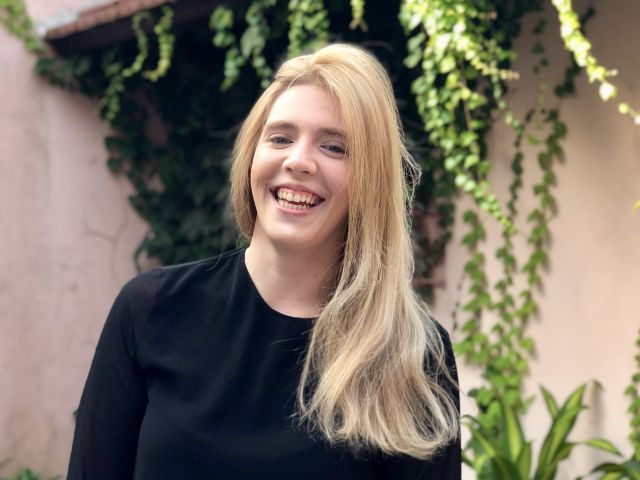




























































































































Comments